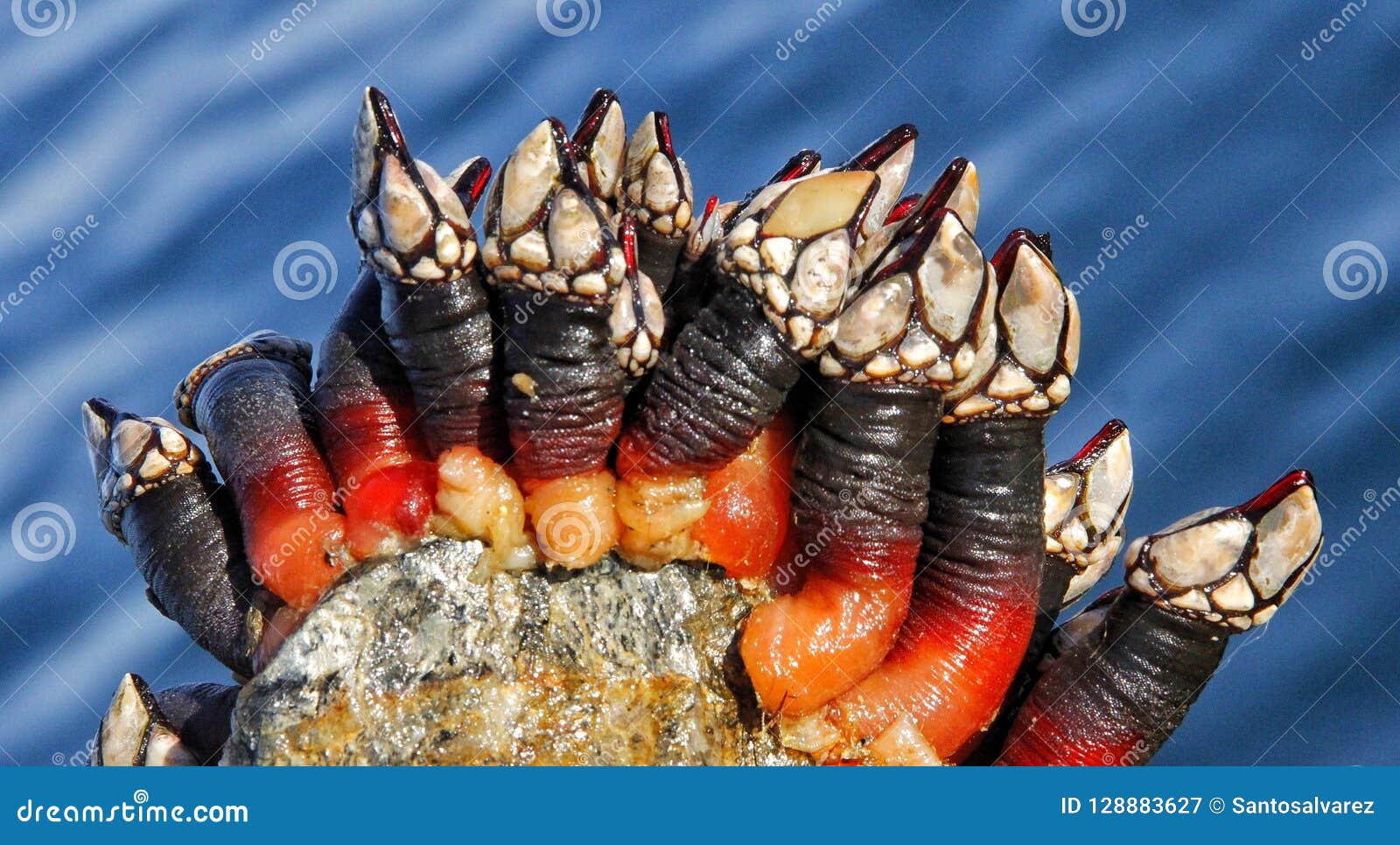Hey there, curious mind! If you've ever stumbled upon the term "barnacle on human" and wondered what the heck it means, you're in the right place. This might sound like something out of a sci-fi movie, but it's actually a real phenomenon that has intrigued scientists and everyday folks alike. We’re diving deep into the world of barnacles and their sometimes-unusual relationship with humans. So, buckle up and let’s get started!
You might be thinking, "Barnacles? Seriously?" But trust me, once you dive into this topic, you'll realize how fascinating these creatures can be. Barnacles are crustaceans that usually attach themselves to rocks, boats, and even whales. However, in rare cases, they've been found on humans too. How does that happen? And more importantly, is it dangerous? We’ll break it all down for you.
Before we go any further, let’s clarify something: barnacles on humans are super rare. In fact, it’s so uncommon that when it does happen, it makes headlines. But hey, that’s why we’re here—to uncover the mysteries of the bizarre and unusual. So, whether you're a marine biology enthusiast or just someone who loves weird facts, this article is for you!
Understanding Barnacles: A Quick Overview
First things first, let’s talk about barnacles themselves. These little critters are part of the crustacean family, which also includes crabs and lobsters. They’re filter feeders that live in saltwater environments and are known for their ability to stick to almost anything. But how do they do it? And why do they sometimes end up on humans?
How Barnacles Attach Themselves
Barnacles use a special kind of glue that’s so strong, scientists are still trying to figure out how to replicate it. This glue allows them to stick to surfaces like rocks, ships, and even animals. In some rare cases, they’ve been known to attach themselves to human skin, particularly if the person has been in the water for an extended period of time.
- Barnacles secrete a natural adhesive that’s incredibly strong
- They prefer surfaces that are stationary or slow-moving
- Once attached, they can be difficult to remove without causing damage
Can Barnacles Really Attach to Humans?
Yes, they can! But don’t freak out just yet. It’s extremely rare for barnacles to attach to humans. In most cases, it happens to people who spend a lot of time in the ocean, such as divers or fishermen. The conditions have to be just right for a barnacle to latch onto human skin, and even then, it’s usually not harmful.
Why Do Barnacles Attach to Humans?
Barnacles don’t intentionally seek out humans as hosts. Instead, they’re opportunistic creatures that will attach to anything that provides a stable surface. If a person’s skin is wet and slow-moving, it might seem like a good spot for a barnacle to settle down. However, barnacles aren’t parasitic, so they don’t feed off humans or cause harm in the same way some other marine creatures might.
Rare Cases of Barnacles on Humans
There have been a few documented cases of barnacles attaching to humans, but they’re so rare that they often make the news. For example, in 2018, a diver in Australia found a barnacle attached to his leg after spending hours in the ocean. While it was certainly an unusual experience, it wasn’t dangerous, and the barnacle was safely removed.
What Happens When a Barnacle Attaches to a Human?
If a barnacle does manage to attach itself to a human, it will typically stay there until it’s removed. The good news is that barnacles don’t burrow into the skin or cause infections. However, they can be difficult to remove without damaging the surrounding tissue. If you ever find yourself in this situation, it’s best to seek professional help rather than trying to remove it yourself.
Is It Dangerous to Have a Barnacle on Your Body?
In most cases, having a barnacle on your body isn’t dangerous. However, it can be uncomfortable and might leave a small scar if not removed properly. The main risk comes from attempting to remove the barnacle yourself, which could lead to infection or injury. That’s why it’s always best to consult a doctor or marine biologist if you find yourself in this situation.
What Should You Do If You Find a Barnacle on Your Skin?
If you discover a barnacle on your skin, here’s what you should do:
- Don’t panic! It’s rare and usually not harmful
- Avoid trying to remove it yourself, as this could cause damage
- Consult a medical professional or marine expert for assistance
Preventing Barnacle Attachments
While barnacle attachments are rare, there are a few things you can do to reduce the risk:
Tips for Divers and Swimmers
- Avoid staying in the water for extended periods of time
- Wear protective gear, such as wetsuits, to minimize skin exposure
- Be mindful of your surroundings, especially in areas with high barnacle populations
Interesting Facts About Barnacles
Barnacles might seem like simple creatures, but they’re actually pretty fascinating. Here are a few fun facts to impress your friends:
- Barnacles are hermaphrodites, meaning they have both male and female reproductive organs
- They can live for up to 15 years in the wild
- Some species of barnacles can grow up to 12 inches in diameter
Why Are Barnacles Important?
Barnacles play an important role in marine ecosystems. They help filter water by feeding on plankton and other small organisms. Additionally, their shells provide habitats for other marine creatures, making them an essential part of the ocean’s biodiversity.
Conclusion: Embrace the Weirdness
So, there you have it—a deep dive into the world of barnacles and their occasionally strange relationship with humans. While barnacle attachments are rare, they’re a reminder of the incredible diversity of life in our oceans. If you ever find yourself in the unusual situation of having a barnacle on your body, remember to stay calm and seek professional help.
We hope this article has given you a better understanding of barnacles and their role in the marine world. If you enjoyed this read, be sure to share it with your friends and family. And who knows? Maybe you’ll inspire someone else to embrace the weird and wonderful side of nature!
Table of Contents
- Understanding Barnacles: A Quick Overview
- How Barnacles Attach Themselves
- Can Barnacles Really Attach to Humans?
- Rare Cases of Barnacles on Humans
- Is It Dangerous to Have a Barnacle on Your Body?
- Preventing Barnacle Attachments
- Interesting Facts About Barnacles
- Why Are Barnacles Important?
- Conclusion: Embrace the Weirdness


